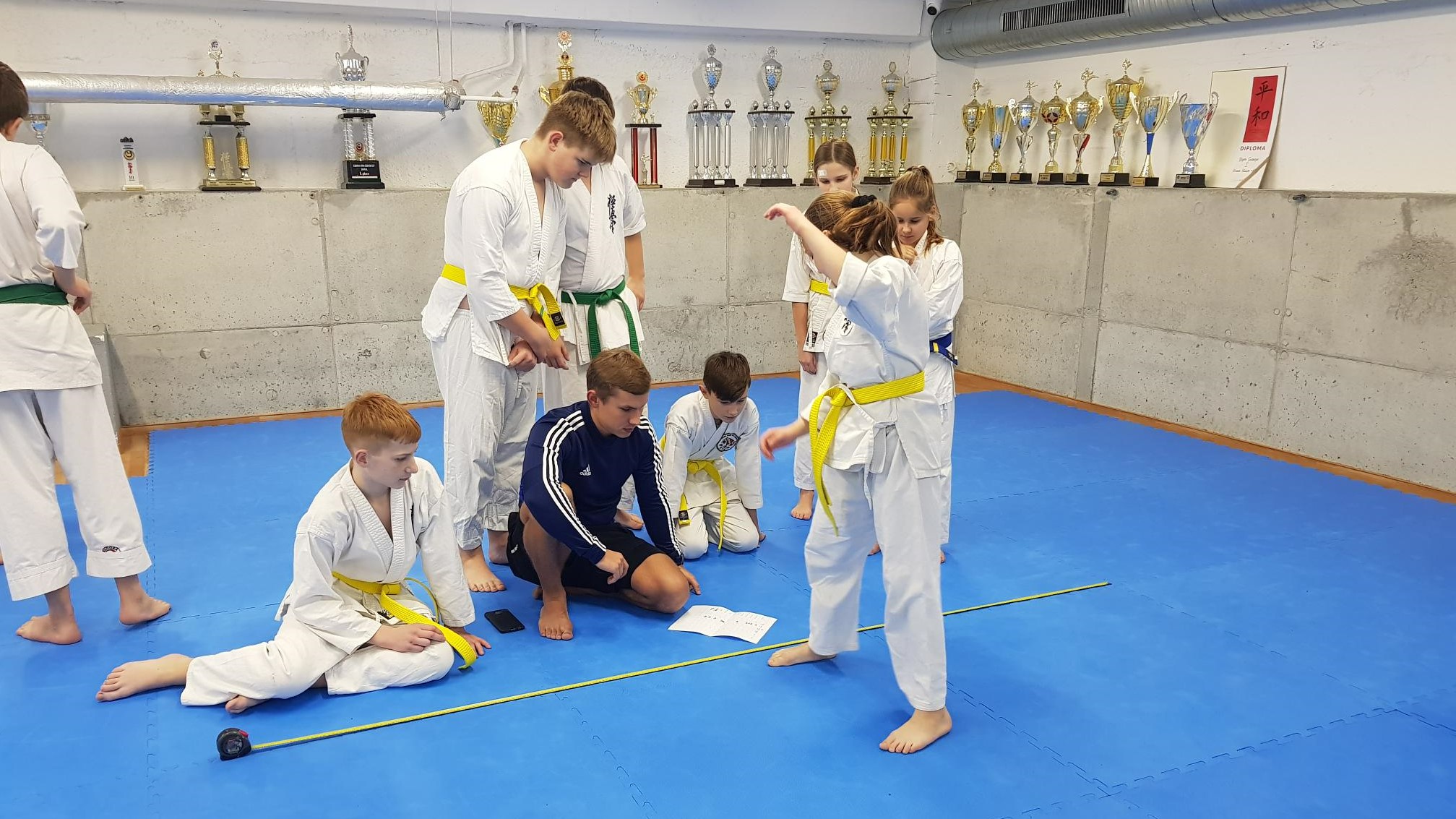 Trainers help develop children's healthy lifestyle habits
Trainers help develop children's healthy lifestyle habits
Trainers help develop children's healthy lifestyle habits

The results of research on students' lifestyles confirm that it is necessary to develop physical activity and healthy lifestyle habits from an early age, involving the children's parents, providing them with the necessary knowledge about the child's physical and social education. The development of healthy lifestyle habits in children and youth is important to start with the answer to the question of what is a healthy lifestyle. There are many different definitions of a healthy lifestyle, but we found this one the most attractive: a healthy lifestyle is a balanced diet, physical activity, mental balance, the general state of the body and the absence of bad habits. We will use this definition when talking about the development of healthy lifestyle habits of children and youth.
In this article, we will review our club's experiences and insights from conversations with children of different ages about the benefits of physical activity, healthy eating, and emotional health.
It is argued that the essence of health education is what people do to be healthy, not what they know about health. According to the specialists of the Lithuanian Sports University, children of any age should be encouraged to actively participate, discuss, discuss and evaluate during healthy lifestyle classes. Children accept positive things better, so you should try to emphasize the advantages of a healthy lifestyle and avoid scaring and moralizing. The child must understand and believe that a lot is determined by his own efforts.
in preschool age and primary grades, various practical methods are considered the most effective, such as performing various tasks, practical demonstrations, experiments, discussions, field trips, watching short informative and educational videos on healthy lifestyle topics and discussing them with children, etc. High school students (11-18 years old) are introduced to more complex concepts of health education, encouraging critical thinking and the use of practical ways of applying knowledge.
Budora's coaches were able to see the benefits of these recommendations from Lithuanian Sports University specialists in practice. Based on the material prepared by our club's internal and external experts, the trainers conducted short classes on healthy lifestyle for children playing sports at Vilnius Baltupių Progymnasium, shared their personal experiences and discussed nutrition, emotional health and physical activity together.
All the coaches agree that the educational sessions were interesting and useful for the children. After the classes, the children told the coaches that they try to eat less sweets, not to eat chips before training, how much time they spend outside and are physically active. The parents of the children who participated in the classes notice that the children think more often about what is "possible" and what is "not possible" for athletes, they try to set sports goals for themselves.
Brigita Gustaitytė, head of the sports section and karate trainer, says that she talked to the students about various topics during each training session. "We discussed examples, I shared my experience and we immediately applied the knowledge in practice," says Brigita. "I think that the information heard during training and from the coach, who is often an authority figure for the child, is remembered much better and seems much more important."
Brigita's words are confirmed by the words of the mother of one of the children. She notices that the child remembered information about nutrition the best. "Although the parents have already said the same things X times, it was enough to hear the same thing from the coach once and he immediately accepted the importance of that information," says the mother.
According to physical training coach Ričardas Pupeikis, such educational activities bring benefits to children, children learn new things about a healthy lifestyle and try to apply that knowledge in practice. The trainer notices that the children had a lot of questions on all topics, which shows that the children were really interested in talking about these topics. "For example, we would talk about what we all ate for breakfast and discuss with the children whether it was a healthy breakfast or whether something should be changed," shares Ričardas. "The hardest part was talking about emotions because there are teenage boys in my groups who are uncomfortable talking about it."
The trainer Aušra Petkuvienė, who worked with the youngest groups, noticed that after the classes, the children were determined to eat less sweets and happily told how long they had been physically active, shared what they ate for breakfast. "All the children really liked it, and as the second testing approached (author's note, not only educational activities were conducted for the children, but also their physical fitness was tested), I saw how sincerely the children tried to improve their results," says Aušra.
Changes in the attitude of older children are also shown by the surveys conducted by the coaches before and after the educational sessions, in which we asked the children what they know about the benefits of physical activity. The results of the first survey showed that children's knowledge about physical activity is not strong - only 44.3% of the answers to the questions were correct. The fewest children (29%) correctly named the 3 main types of physical activity, the most (54%) children correctly answered the question about the benefits of physical activity for the body.
Summarizing the data of the second survey, which was conducted after the educational sessions, coach Ričardas noticed that the results are significantly better - in this survey, the correct answers were 72.64%. "It's interesting that in the second survey, the question "what are the 3 main types of physical activity" got the fewest correct answers? (56%), the best (85%) children answered the questions, what is physical activity and how much is recommended to be physically active at least per day," says Ričardas. "This is a very good sign, because these questions are the main ones."
The children's involvement and the results of their survey, the parents' surprise and the positive experience of the trainers in the classes make us happy and motivate us to continue looking for interesting solutions and ideas on how to share knowledge about a healthy lifestyle with children and their parents. It is understandable that children's healthy lifestyle habits will be developed more successfully if not only children and their coaches, but also parents and other family members actively participate in the educational process.
